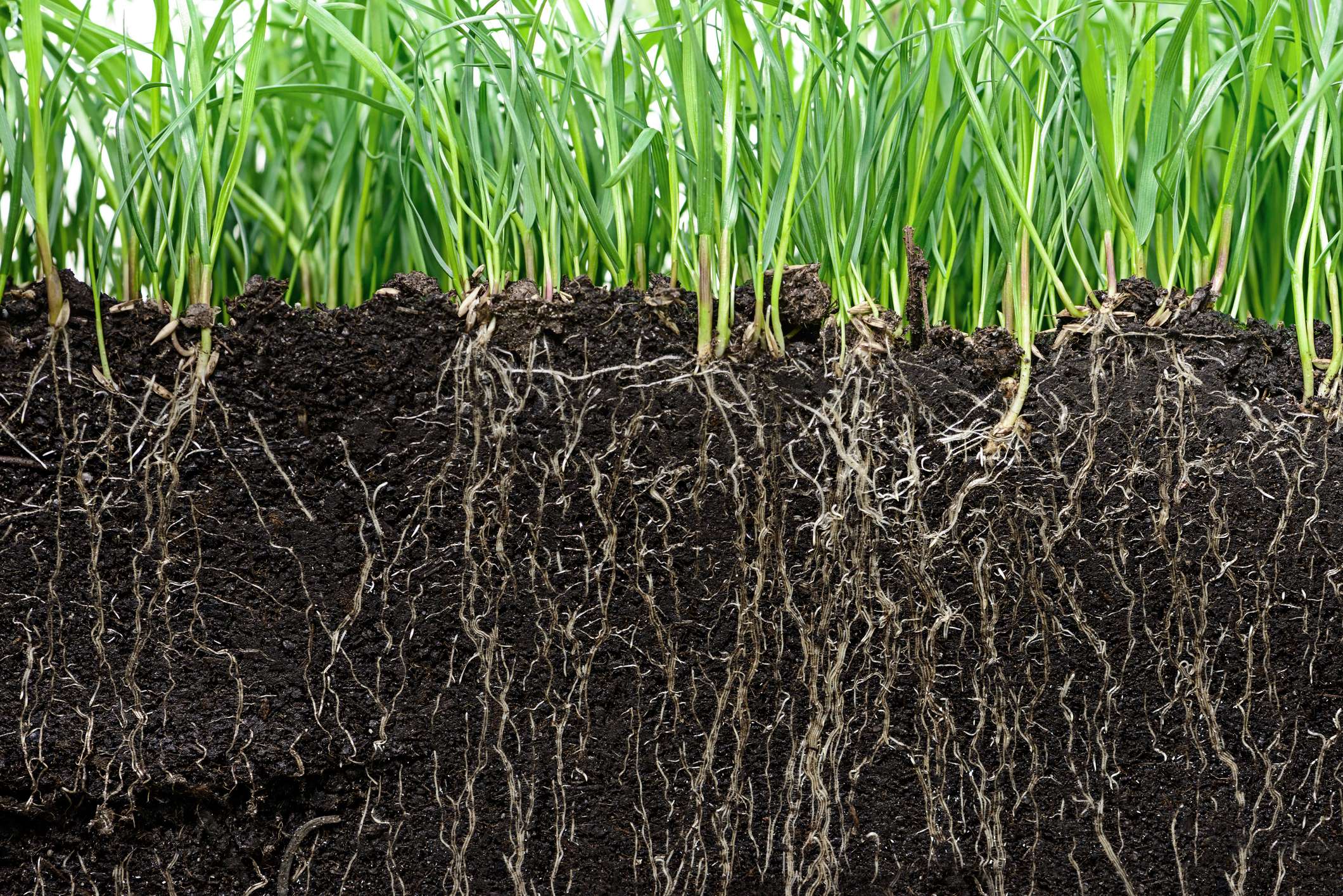ceat-speciality:blogs-tags/all,ceat-speciality:blogs-tags/products
CEAT Combats Soil Compaction
Tue, 28 May 2024 | PRODUCTS
In the world of farming, where every inch of land is crucial for growing crops and making a living, the health of the soil is essential. But lurking beneath the surface is a problem that can disrupt farm productivity: soil compaction. In the United States alone, soil compaction is responsible for an estimated $3 billion in yield losses each year.
What exactly is soil compaction?
It occurs when soil particles are pressed and squeezed tightly, leading to a reduction of pore spaces that facilitate air and water absorption. This reduction in pore space leads to increased soil density. Compaction can be caused through factors such as heavy machinery, livestock trampling and adverse weather conditions.
CEAT Specialty Combats Soil Compaction
Recognizing the urgency of addressing soil compaction, CEAT Specialty has emerged as a leading tire manufacturer in developing innovative solutions to mitigate this threat.
Because farm machinery is getting heavier all the time, CEAT Specialty is developing more and more Ag tires like the Spraymax with VF (very high flexion) and IF (increased flexion) technology. One of the most important developments in farm tires in recent years, VF tires have the ability to carry 40% more load or the same load with 40% less pressure. The gentler footprint of the Spraymax VF, designed for self-propelled sprayers, translates into less soil compaction and crop damage.
Negative Impacts of Soil Compaction
Soil compaction can reduce crop yield. For example, research published in the Soil and Tillage Research Journal found that soil compaction caused yield losses ranging from 20% to 60% in various crops, including corn, soybeans and wheat.
Compacted soil also causes reduced pore space, which limits the infiltration of water into the soil. According to data from the United States Department of Agriculture (USDA), compacted soils can experience up to 50% reduction in water infiltration rates compared to non-compacted soils.
Soil compaction restricts root penetration and growth, leading to decreased nutrient and water uptake by plants. Research published in the Journal of Soil and Water Conservation indicates that compacted soils can reduce root elongation rates by up to 60%, negatively impacting plant health and productivity.
Increased erosion is another negative impact that can be caused by compacted soil. Compacted soil is more susceptible to erosion by wind and water. According to the Food and Agriculture Organization (FAO) of the United Nations, soil erosion rates on compacted soils can be 2 to 10 times higher than on non-compacted soils, resulting in loss of topsoil and degradation of soil fertility.
In addition to farming on VF and IF tires, CEAT encourages farmers to adopt conservation tillage methods, cover cropping, and rotational grazing, all of which help alleviate soil compaction and preserve soil fertility for future generations.




























